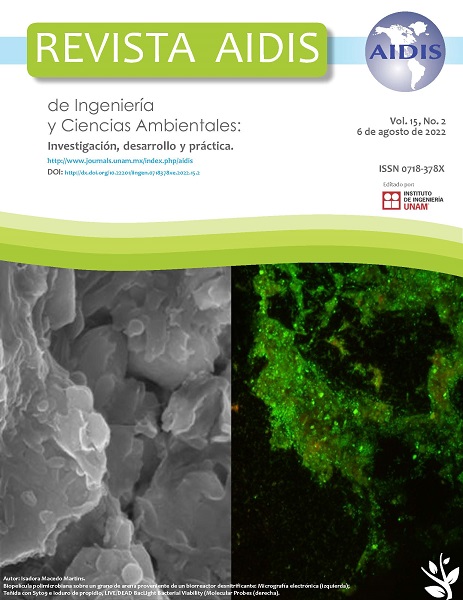DEVELOPMENT OF SUNFLOWER AND CORIANDER GROWN IN HUMAN URINE
Main Article Content
Abstract
Most of the nutrients that are essential for crops, mainly nitrogen, phosphorus and potassium, are found in human urine in sufficient quantities, and in most cases, they are more adequate and sustainable even when compared to commercial chemical fertilizers. This work evaluated the growth of sunflower (Helianthus annuus L.) and coriander (Coriandrum sativum) submitted to the use of human urine as a biofertilizer. A treatment was carried out in the urine using the storage method, as a way to decontaminate pathogens. The experimental design used was a randomized block, with 5 treatments and 4 replicates, which were: T1 – only water; T2 – water + 15% urine; T3 – water + 30% urine; T4 – water + 45% urine; and T5 – water + 60% urine for sunflower cultivation. In relation to coriander, it was used in T1 – only water; T2 – water + 5% urine; T3 – water + 10% urine; T4 – water + 15% urine; and T5 – water + 20% urine. The experiment evaluated for sunflower and coriander the following: stem diameter (SD); Plant Height (PH); Leaf number (LN), Root length (RL) and Total Dry Mass of the Plant (PDM). The T1 and T2 treatments in sunflower cultivation showed higher mean values of SD, PH, LN and PDM. The T2 treatment in the cultivation of coriander showed greater development in relation to the variables SD, PH, LN and PDM. Thus, the results indicate that the crops were able to absorb the nutrients contained in human urine, demonstrating that it is possible to replace chemical fertilizers, causing a reduction in their consumption.
